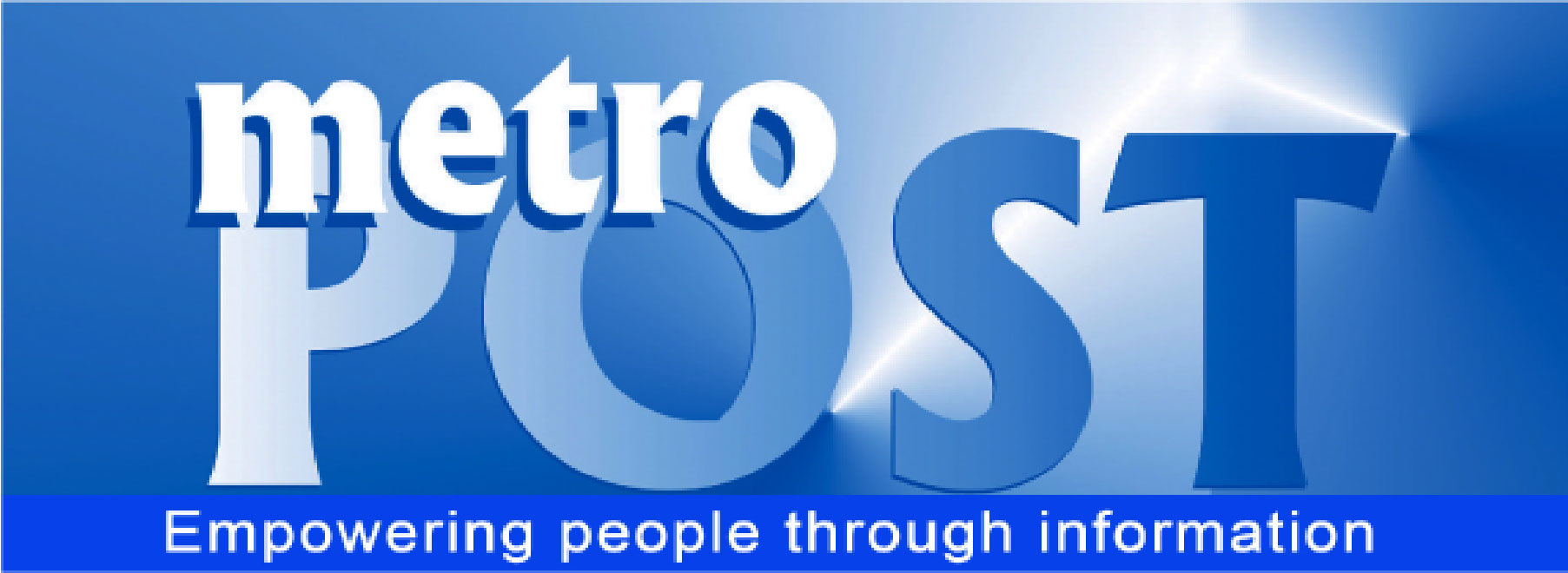Silliman University has bared its efforts to continue its thrust of digital transformation and modernization in response to the global, digital, and knowledge economy.
Dr. Betty Cernol-McCann, Silliman president, listed three major changes in higher education: the need to respond not only to national issues but also regional and global issues, the shift from analog to digital technology, and the need to consider the knowledge-based economy in changing teaching models.
In an effort to make SU “responsive to the needs of the times”, Dr. McCann said the University is integrating and prioritizing global studies in its different academic programs to “prepare learners for global citizenship and worldwide engagement.”
Activities relating to the shift to digital technology included the continuous retooling and upskilling sessions for faculty and staff, establishment of the Silliman Online University Learning office, digitalization of the SU Library collection, establishment of online guidance and counseling services, holding of virtual conferences, trainings, and other events, and the digitalization of University processes like the registration system.
Dr. McCann added that the thrust on knowledge-based economy requires schools to focus more on the outcome and performance of learning, rather than compliance to complete a course within a given time.
“This is paving the way to offer competency-based certificate courses, and micro-credentials for purposes of immediate need-based, skills-focused employment. Human resource requirements in business and industry now demand marketable certificate courses on top of, and in some cases, in lieu of college diplomas,” said McCann.
In response to the changing education environment, the University also established new divisions: the Organizational Development & Human Resource Management Division, and the Information & Communications Technology Division.
McCann said SU also focuses on persistent connectivity issues, re-energizing psychosocial programs, upskilling programs and learning assessments, upgrading tools and hardware, and dealing with the impacts of external forces, such as natural disasters.
“Silliman adopted a roadmap that subscribes to a theory of change: ‘If the internal capacity, systems, and culture are enhanced, and the policy environment and provision of support from various sectors are secured, then the level of readiness and quality of delivery for a 21st-century education will be assured,’” she added.
President McCann also said the University did not have to layoff any personnel during the pandemic. “Despite the onslaught of the health pandemic, I am happy to report that unlike other schools, colleges and universities, Silliman experienced no lay off among its personnel, no one displaced; with salary levels and benefits improved within our resource and capacity. Student enrolment remained steady, even with, or because of, our digital or online learning capacity,” said McCann. (Jameela Mendoza/OIP)



